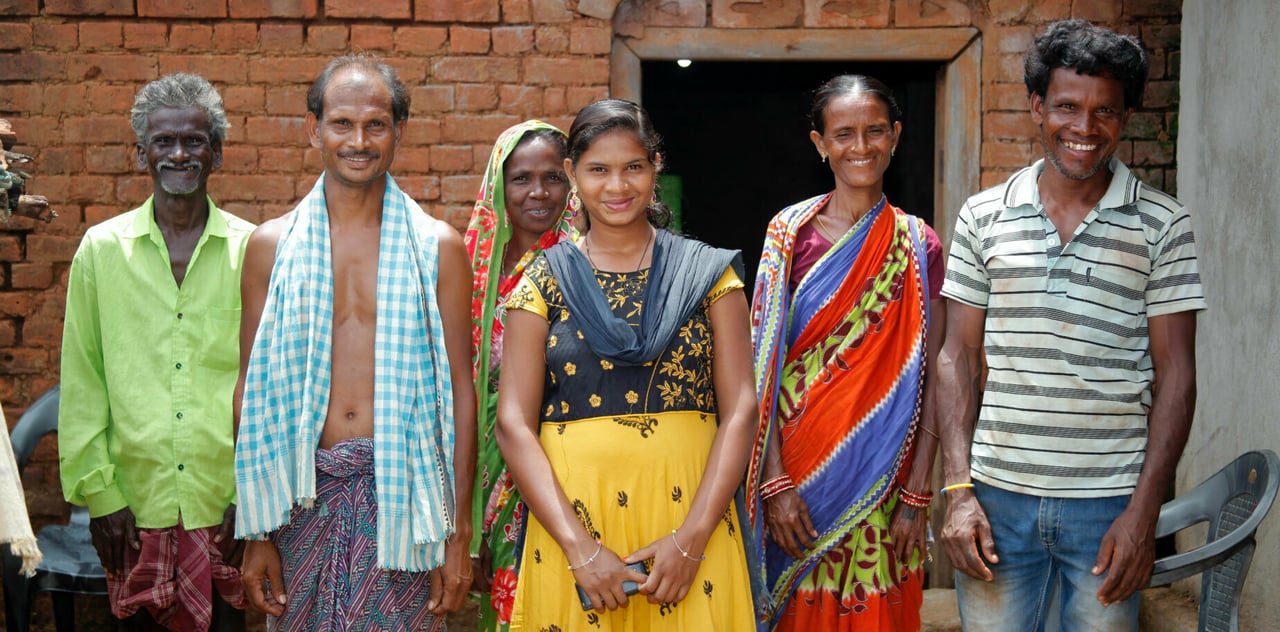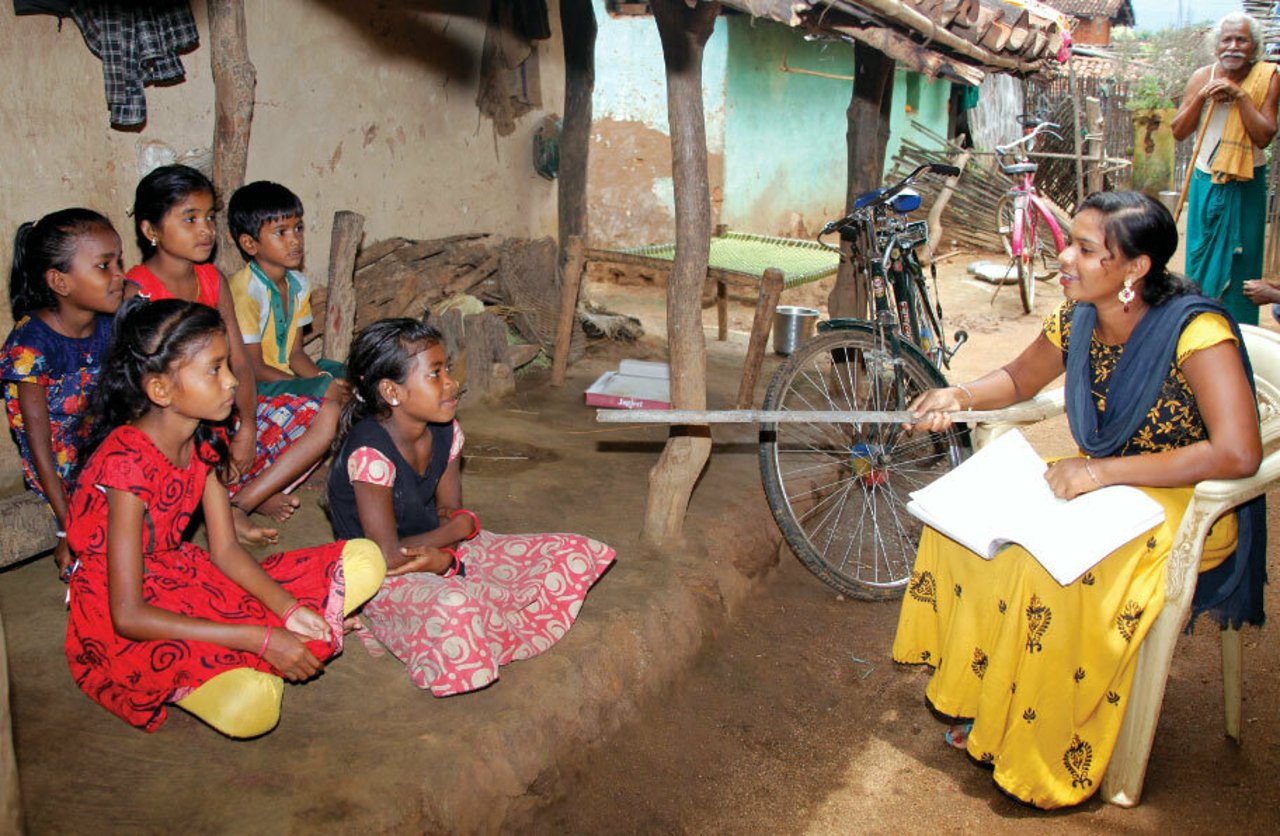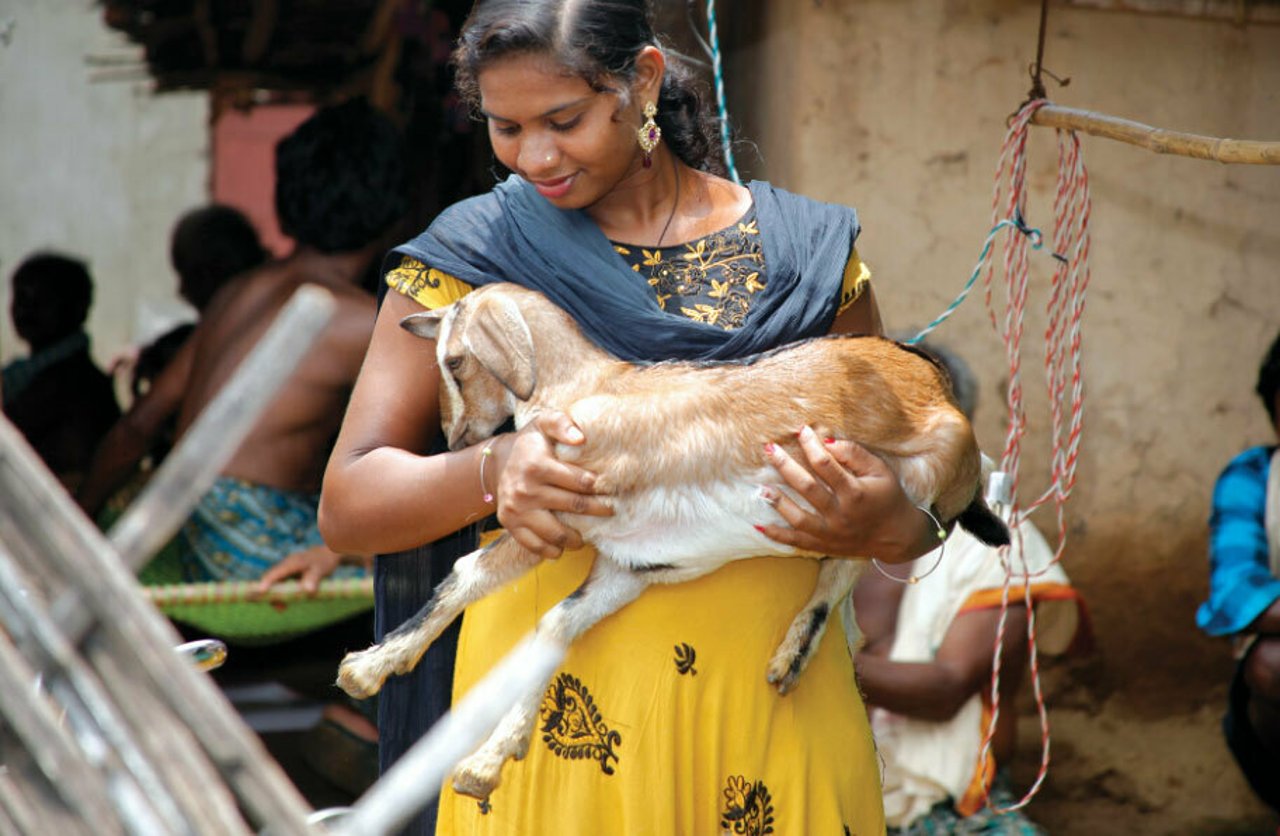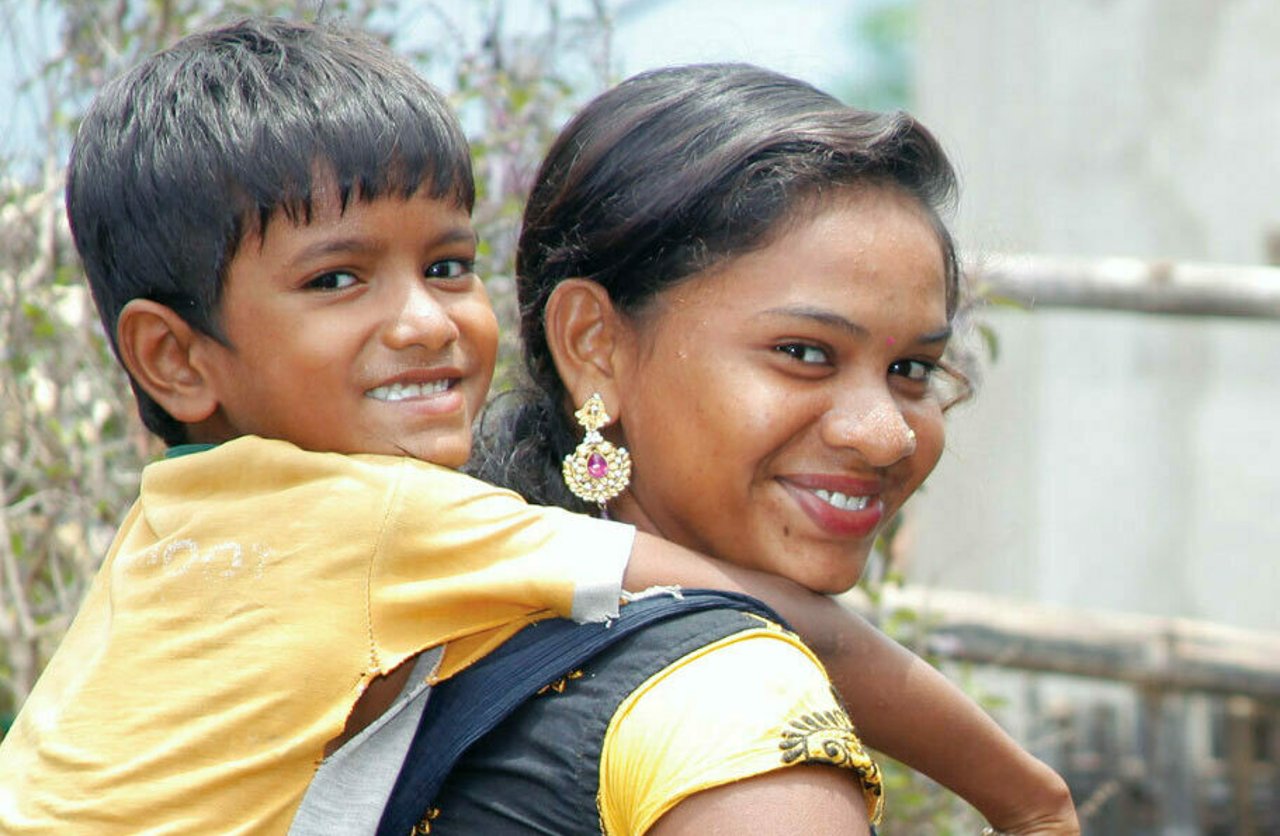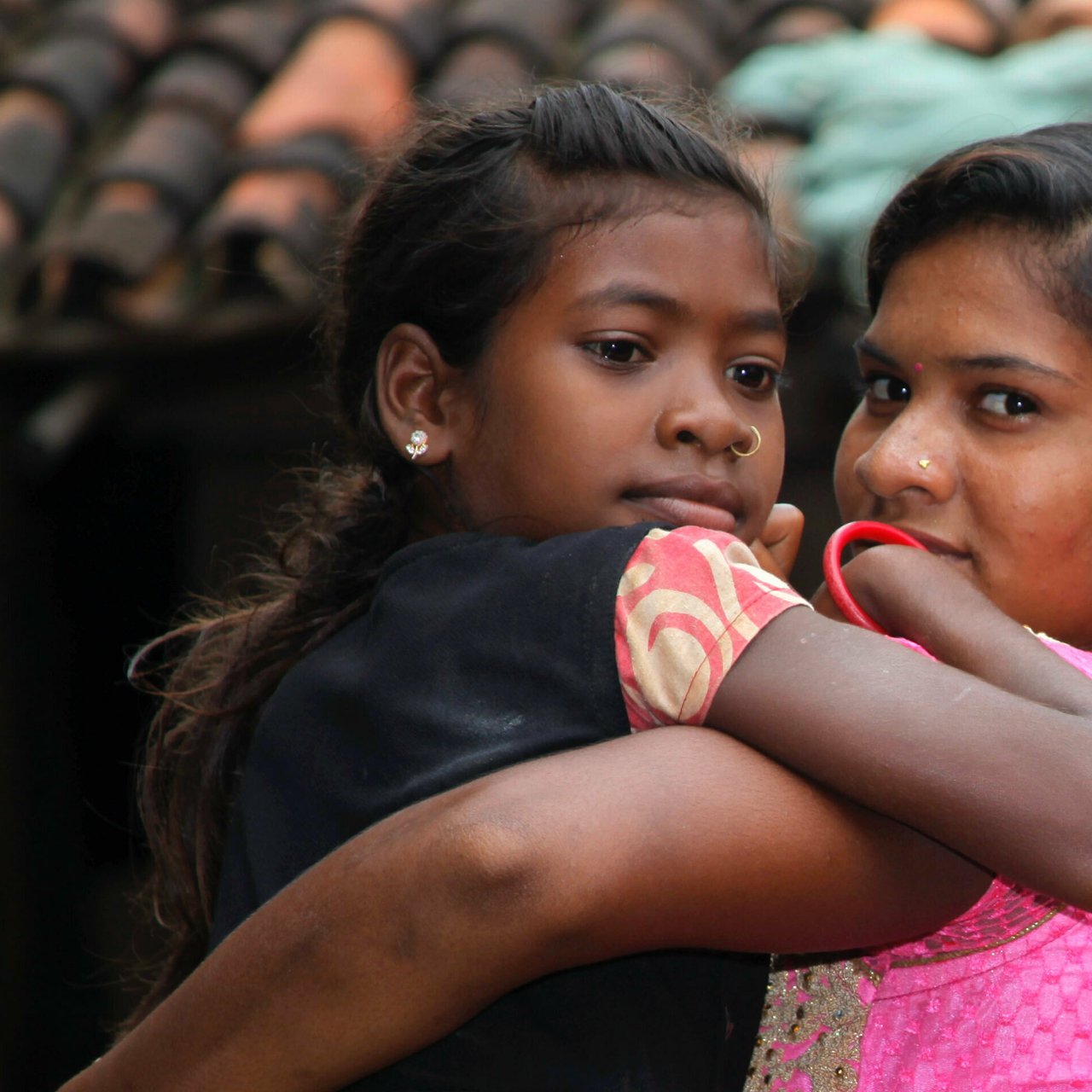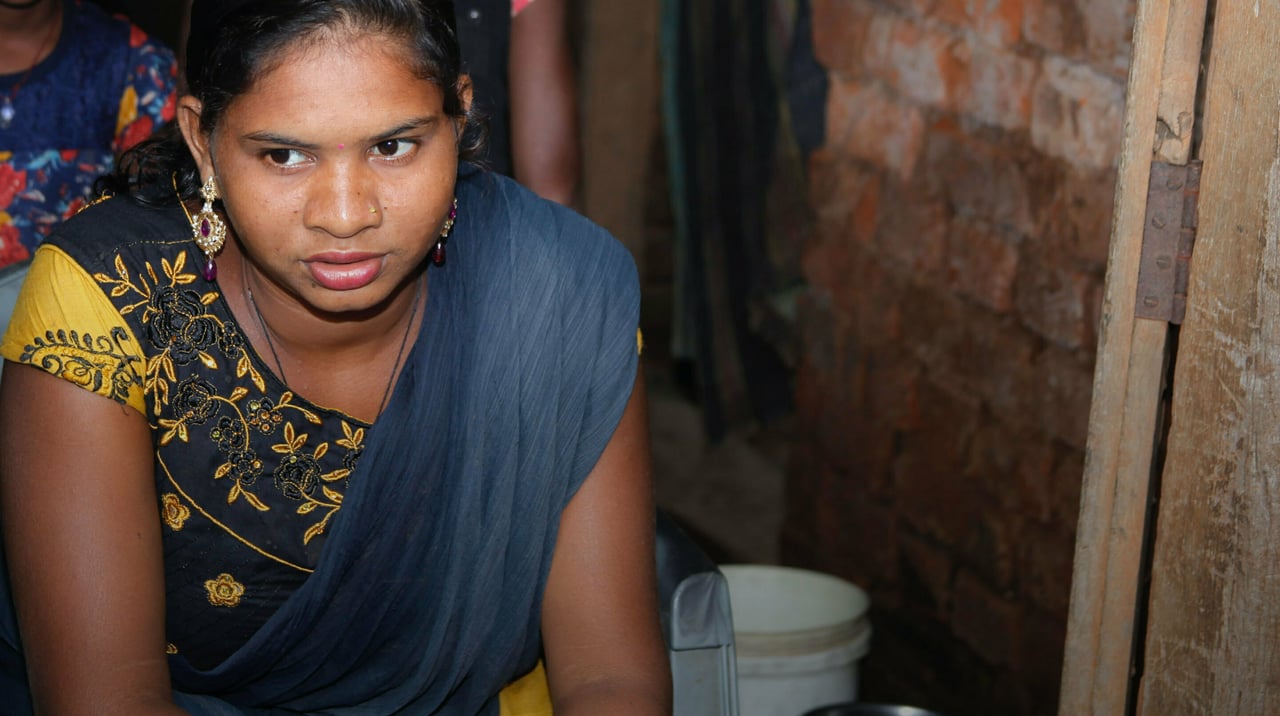
On her darkest day, she found the courage to call for help.

When 19-year-old Manasi’s mother became ill and died, large debts from her care meant the family had to make hard decisions. The offer of an advance payment from a labour agent seemed like the answer, but soon Manasi, her father and young sister were working long, exhausting hours at a brick kiln far from their home in Odisha state, India.
Beatings and verbal abuse were common. The tiny sums they earned each day would never pay back their advance—especially as they had to buy their own food.
When COVID-19 struck and the government issued a full lockdown, Manasi and the other labourers just wanted to get home. “I was particularly concerned about my sister,” Manasi remembers. “I wanted her to be at our home amid our community at such times.”
What is bonded labour?
Unscrupulous labour agents offer to help people get out of debt with an up-front advance for work they’ll do later. Then the people—men, women and children—are isolated and abused as they work impossible hours for pennies a day to ensure they can never pay back the advance.
Negotiating with the kiln owner got the workers nowhere. When they decided to stop working, the beatings started. “They lost their cool when they saw some of the workers packing their luggage to return home,” Manasi explains. “The men pulled out lathis [heavy clubs] and went berserk with their brutal attack. The workers were bleeding profusely.” Manasi’s own 9-year-old sister was struck by a thrown stick and fell to the ground.
Manasi knew she had to act. Quickly, she slipped into a hiding place and used her mobile phone. Other workers, terrified of the consequences, tried to stop her, but Manasi boldly sent images of the brutality to a friend who shared them on social media, and another who called IJM.
Thanks to the support of committed friends like you, IJM and a local partner were able to support the government in sending rescue for all 360 people trapped at the brick kiln. Each time you help IJM respond to one call, we have the opportunity to bring justice to hundreds, even thousands of people!
“On the day of the rescue, I was the one who shared all the information to the police about the owner and the incident. Sometimes when I think back, I wonder where I drew all that courage from. I am surprised that it was me who spoke to such big officers, police and media,” Manasi says today with a laugh.
This rescue alone is worth celebrating. But inspired by Manasi’s story and the images she shared, government officials took the unprecedented step of releasing nearly 7,000 workers from 30 other nearby brick kilns at the same time and helping them return home.
Philip Langford, president of IJM US, says, “The importance of the Indian government’s actions cannot be overstated. When I started with IJM, this was unheard of.” The long-term investment of our supporters means IJM can support local governments over time as they improve confidently and respond decisively to cases like Manasi’s. Today, Langford says, “government-orchestrated rescue missions like this one are becoming the norm.”
When you give to IJM, you support individual justice and strengthen justice systems to protect people in poverty.
And Manasi? With some funds from the government, her family is growing crops on their land. Manasi cares for her younger sister like a mother. “She has grown more confident from the support from government and IJM,” says Manasi’s IJM aftercare worker. “She understands that she is different and has special leadership traits.”
Manasi herself adds, “I like to work in the fields and to spend time with children who are in school. Sometimes I teach them too.” We hope she will teach them to be as bold and confident as she is!
